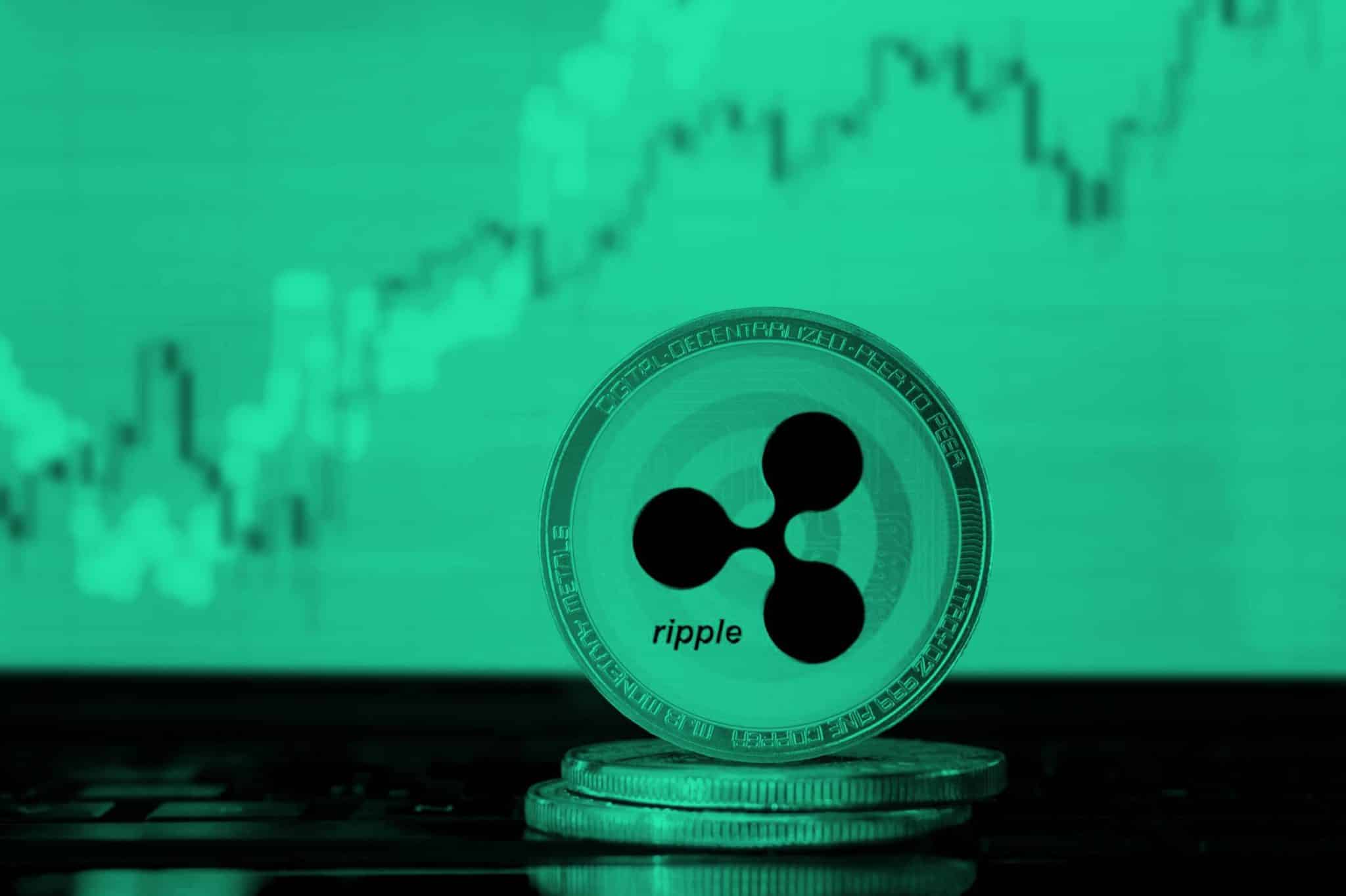A new discovery by a lawyer representing XRP holders in the ongoing lawsuit between the U.S. Securities and Exchange Commission (SEC) and Ripple Labs has revealed that some SEC officials have reasonable grounds to believe that XRP is not a security.
John E Deaton Says SEC Explained In Its Internal Correspondence That XRP Is Not A Security
John E Deaton, who has filed to intervene on behalf of more than 20,000 XRP holders, tweeted that he found references to internal SEC emails in the footnotes of Ripple's appeal and response summaries.
According to Deaton, Supplement 220 in the summaries mentions XRP and states that there are reasonable grounds to believe that XRP does not meet all the requirements of the Howey Test, that is, the test used to determine whether an asset is an investment contract and therefore a security. Includes e-mails.
I think they were included but not all referenced in the brief in argument.
BUT I MISSED THIS EVEN THOUGH I TWEETED IT OUT.
Read the footnote:
Exhibit 220 is part SEC emails: XRP is mentioend and that there are reasonable grounds XRP doesn’t satisfy ALL Howey factors. HUGE. pic.twitter.com/Y3AELAjwbF
— John E Deaton (@JohnEDeaton1) May 20, 2023
Deaton described it as a "big" discovery. Deaton questioned how the SEC could accuse Ripple CEO Brad Garlinghouse and co-founder Chris Larsen for selling XRP without registering it as a security, while its own enforcement lawyers had doubts about XRP's status.
Eleanor Terrett, a journalist working in the cryptocurrency space, also commented on Deaton's finding, calling it a "really interesting finding" that illustrates the SEC's inconsistency and lack of clarity on the subject.
The Howey Test is a set of criteria the SEC uses to determine whether a transaction qualifies as an investment contract and therefore a security under US law.
*Not investment advice.










